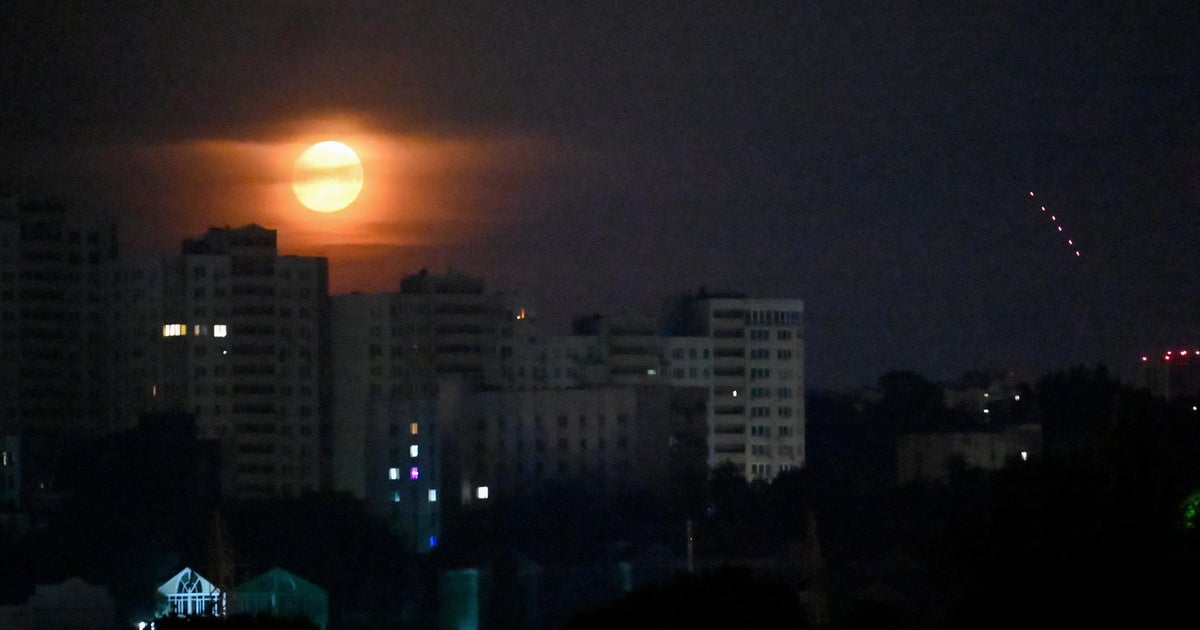Rome Statute signatories Italy, France and Greece accused of ‘violating’ international legal order by letting alleged war criminal fly over territory.
Published On 9 Jul 2025
Francesca Albanese, the United Nations special rapporteur on the human rights situation in the occupied Palestinian territory, has hit out at countries that allowed Israeli Prime Minister Benjamin Netanyahu to fly over their airspace en route to the United States, suggesting that they may have flouted their obligations under international law.
Albanese said on Wednesday that the governments of Italy, France and Greece needed to explain why they provided “safe passage” to Netanyahu, who they were theoretically “obligated to arrest” as an internationally wanted suspect when he flew over their territory on his way to meet United States President Donald Trump on Sunday for talks.
All three countries are signatories of the Rome Statute, the treaty that established The Hague-based International Criminal Court (ICC) in 2002, which last year issued arrest warrants for Netanyahu and former Israeli defence minister Yoav Gallant for war crimes and crimes against humanity perpetrated during Israel’s war on Gaza.
“Italian, French and Greek citizens deserve to know that every political action violating the int’l legal order, weakens and endangers all of them. And all of us,” Albanese wrote on X.
Albanese was responding to a post by human rights lawyer Craig Mokhiber, who had said the previous day that the countries had “breached their legal obligations under the treaty [Rome Statute], have declared their disdain for the victims of genocide, and have demonstrated their contempt for the rule of law”.
Netanyahu’s visit to the US, during which he and Trump discussed the forced displacement of Palestinians amid his country’s ongoing ceasefire negotiations with Hamas, was not his first sortie since the ICC issued the warrant for his arrest.
In February, Netanyahu travelled to the US, which is not party to the Rome Statute, becoming the first foreign leader to meet Trump after his January inauguration.
Then, in April, Netanyahu visited Hungary’s leader Viktor Orban in Budapest, the latter having extended his invitation just one day after the ICC issued the arrest warrant, withdrawing the country’s ICC membership ahead of the Israeli leader’s arrival.
From Hungary, Netanyahu then flew to the US for a meeting with Trump, his plane flying 400km (248 miles) further than the normal route to avoid the airspace of several countries that could enforce an arrest warrant, according to Israel’s Haaretz newspaper.
Member states of the ICC are expected to take subjects of arrest warrants into custody if those individuals are on their territory.
In practice, the rules are not always followed. For instance, South Africa, a member of the court, did not arrest Sudan’s then-leader Omar al-Bashir during a 2017 visit, despite an ICC warrant against him.
European Union countries have been split on the ICC warrant issued for Netanyahu.
Some said last year they would meet their ICC commitments, while Italy has said there were legal doubts. France has said it believes Netanyahu has immunity from ICC actions.
Source:
Al Jazeera and news agencies

 6 hours ago
1
6 hours ago
1










 English (US) ·
English (US) ·